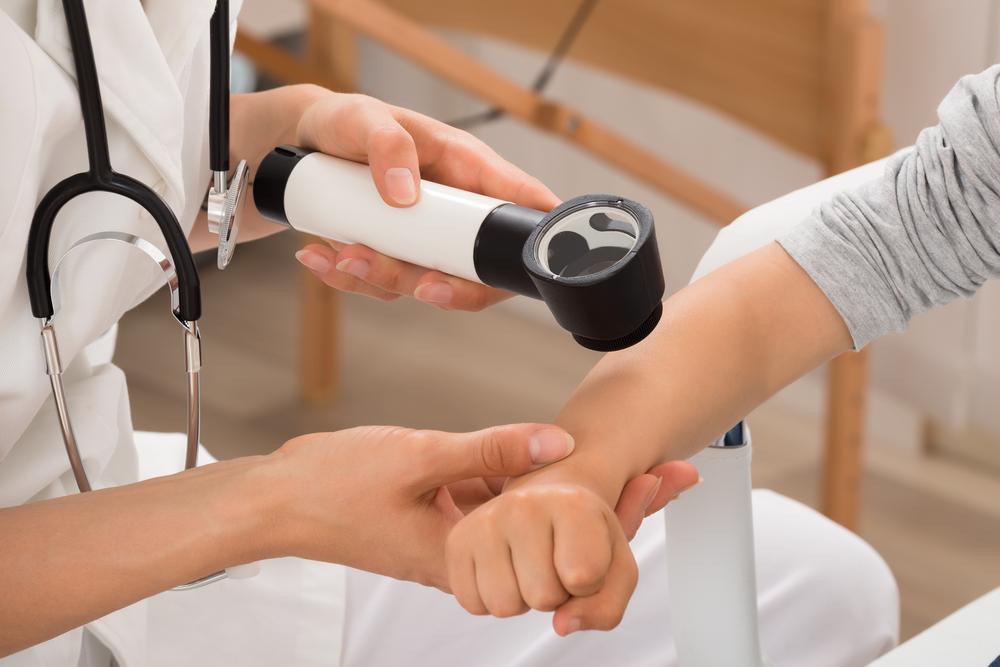
Causes, Symptoms, and Treatment for Eczema and Atopic Dermatitis
Eczema and dermatitis are terms that are used for describing skin conditions or otherwise known as the “inflammation of the skin”. The words eczema and atopic dermatitis are often used synonymously by doctors for explaining the condition. The difference between eczema vs atopic dermatitis is that the former is non-specific and can be used for any sort of skin inflammation and the latter is a medical condition which is passed genetically and causes allergic reactions.
1. The difference between eczema vs atopic dermatitis
Eczema and dermatitis often exhibit the same type of skin conditions that include irritations or rashes. Atopic dermatitis is usually the severe form and appears in different parts of the body such as elbows, knees, and neck. It usually begins in infancy and affects 10% of the population.
2. Causes of eczema and atopic dermatitis
Atopic dermatitis is a skin irritation that is most commonly found in children rather than adults. It is not an allergic reaction. Several factors contribute to this condition such as genetics, environment, abnormal functioning of the immune system, and the skin’s ability to push out toxins. Other forms of eczema are more prevalent in adults and it is usually a reaction when you come in close contact with bleach, soap, specific metals, poison ivy, or other irritants.
There are other forms of eczema such as seborrheic dermatitis, nummular eczema, hand eczema, perioral dermatitis, and more. These are caused by different factors such as stress while causes for some are still unknown. To find out whether you or your child has eczema or atopic dermatitis, it is ideal to consult your physician who will run a series of tests.
3. Symptoms of eczema and atopic dermatitis
The symptoms of eczema and atopic dermatitis are dry and scaly skin, small bumps, redness, swelling, thickening of the skin, raw and sensitive skin. In some cases, hives and blistering might appear as well. In case the symptoms do not subside after home remedies, it is ideal to contact your doctor.
4. Treatment plans for eczema vs atopic dermatitis
Since the symptoms are similar for both the skin conditions, they are treated in the same way. There are no cures but it can be controlled or prevented with the right measures.
- Moisturize the skin regularly: Always use the recommended creams, lotions, and ointments for sealing the moisture. You must choose a product that suits you or your child.
- Stay clear of triggers: Steer clear of triggers such as stress, woolen fabrics, pollen, humidity, dust mites, cigarette smoke, and foods such as eggs, milk, soy, or wheat.
- Limit bath time: Do not indulge in longer baths and limit them to 10 to 15 minutes. Always use warm water instead of hot.
- Choose gentle products: Look for gentle cleansers, shampoos, and detergents which help in treating the condition.
If you cannot differentiate whether the condition you have is eczema or atopic dermatitis, then you can consult your doctor. The doctor would suggest a skin biopsy to find out about the condition and help treat it.


